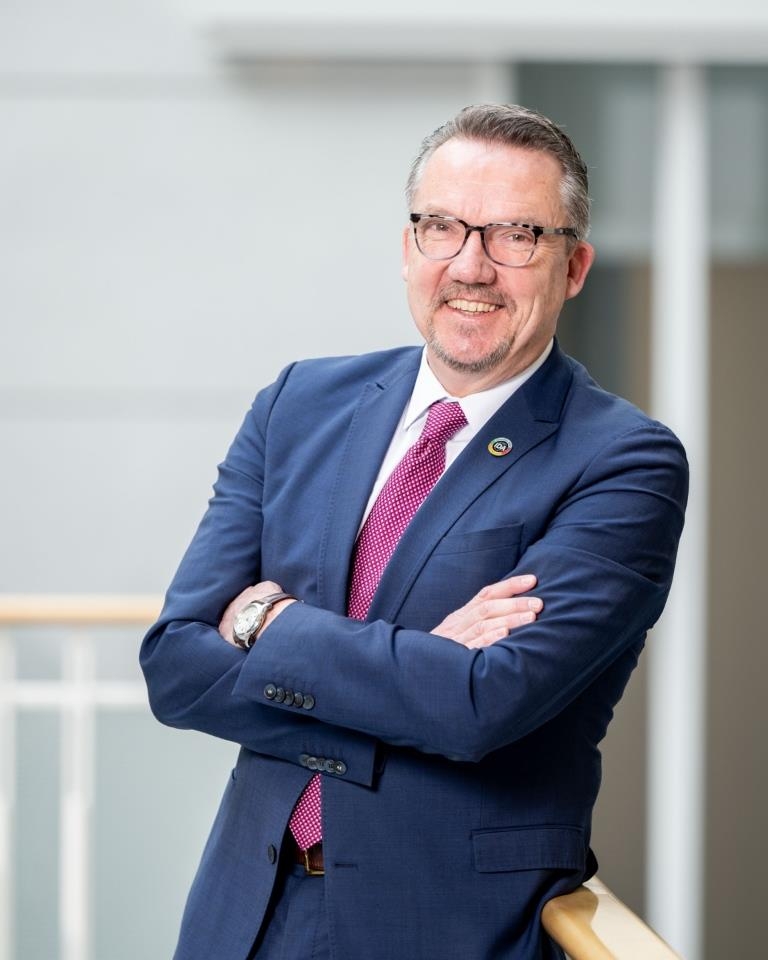(Yonhap Interview) Resilience a key reason for S. Korea's success: World Bank official

SEOUL, Dec. 6 (Yonhap) -- South Korea's resilience may have been a key factor in the country's unprecedented success in transforming itself from a recipient to a donor nation, a senior director of the World Bank pointed out.
Dirk Reinermann, director for resource mobilization at the bank's International Development Association (IDA), also highlighted the solidarity of the people that he said helped the country overcome many difficulties, including hunger and poverty, in the past, and also the latest political turmoil prompted by President Yoon Suk Yeol's declaration of emergency martial law on Tuesday.
"I think it really shows the solidarity. And I think that's very impressive," the IDA director said when asked about the declaration, which was reversed less than three hours later by a National Assembly resolution.
Reinermann is currently visiting South Korea for a two-day replenishment meeting, the first such meeting to take place in the country.
The IDA director highlighted South Korea's "extraordinary progress" in transforming itself from a recipient of international aid to a donor country, noting the country joined the IDA as a recipient in 1962, graduated from it in 1973 and became a donor in 1977.
"Korea's per capita income was at the level of a country like Ghana back in the 1960s, and of course had suffered from conflict itself, suffered from poverty, suffered from hunger," he said in an exclusive interview with Yonhap News Agency on Thursday.
"It's remarkable how the country is resilient," he added, also highlighting what he called South Korea and its people's ability to overcome challenges, including the 1997-98 Asian financial crisis when people came together to voluntarily donate gold.
Reinermann also commended South Korea's proactive early pledge to the IDA during the G20 Summit in Rio de Janeiro in June. The move has inspired similar commitments from other countries, including Denmark and Poland.
"We have never had donors pledge in advance," the IDA director said. "That started sort of a wave of announcements, and it has led to a bit of an upward spiral, a bit of a race to the top."
The IDA fund supports 78 low-income countries, making it the largest source of multilateral development financing. It provides concessional funding for projects aimed at promoting economic growth and improving living conditions.
khj@yna.co.kr
(END)





